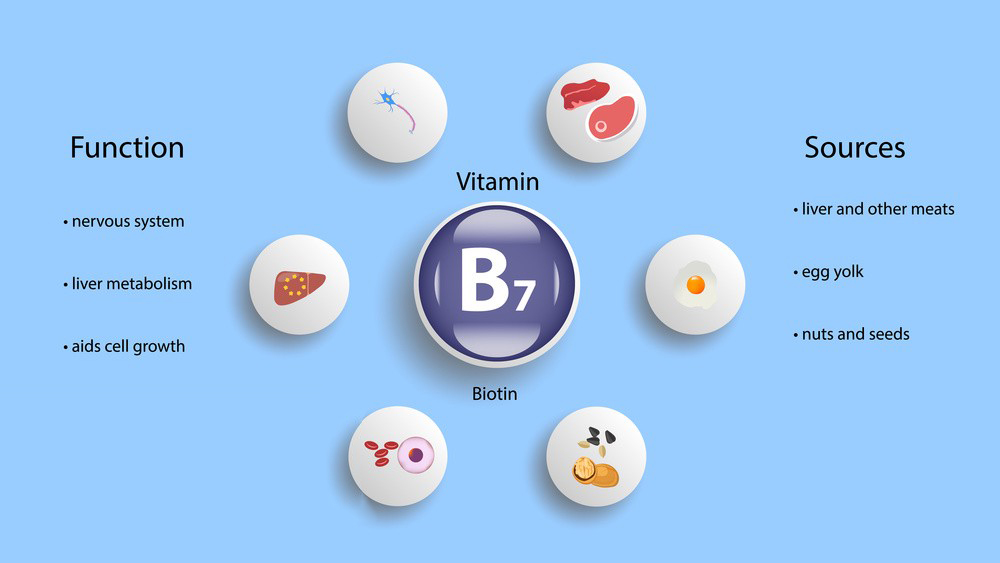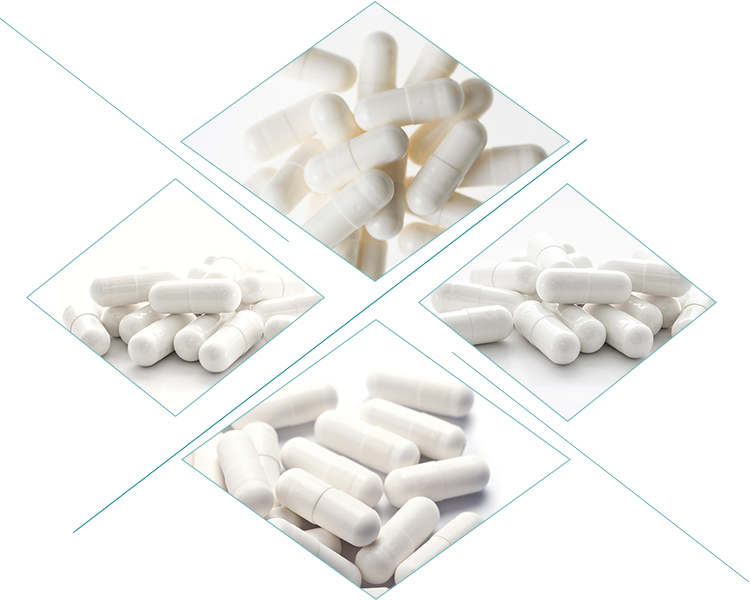Biotin, also known as vitamin B7 or vitamin H, is a water-soluble B-complex vitamin that plays a vital role in various metabolic processes in the body. Biotin is commonly found in supplement form, often in the form of capsules. Here’s some information on the chemical structure and physical properties of biotin capsules:
Chemical Structure of Biotin Capsules:
Biotin has the chemical formula C10H16N2O3S.
It belongs to the class of organic compounds known as water-soluble vitamins.
The molecular structure of biotin features a ureido ring fused with a tetrahydrothiophene ring.

Physical Properties of Biotin Capsules:
Appearance: Biotin capsules are typically solid dosage forms encapsulated in gelatin or vegetarian capsules.
Color: Biotin capsules can vary in color depending on the manufacturer and any added ingredients, but they are often white or off-white.
Solubility: Biotin is water-soluble, meaning it dissolves readily in water. This property facilitates its absorption and utilization in the body.
Stability: Biotin is stable under normal conditions but can degrade when exposed to high temperatures, light, or acidic or alkaline environments. Therefore, biotin capsules should be stored in a cool, dry place away from direct sunlight.
Odor and Taste: Biotin itself is odorless and tasteless, but the capsules may have a slight odor or taste due to other ingredients used in the formulation.
Dosage:
Biotin capsules are available in various dosage strengths, typically ranging from 100 mcg to 10,000 mcg per capsule.
The recommended dosage of biotin can vary depending on age, sex, health status, and specific needs. It is essential to follow the dosage instructions provided by healthcare professionals or the product label.
Manufacturing Process:
Biotin capsules are manufactured through processes that involve blending biotin with excipients, such as fillers, binders, and lubricants, to form a homogeneous mixture.
This mixture is then encapsulated into gelatin or vegetarian capsules using encapsulation machines.
Quality control measures are implemented throughout the manufacturing process to ensure the capsules meet regulatory standards for potency, purity, and quality.

Storage:
Biotin capsules should be stored in a cool, dry place at room temperature (between 20°C to 25°C or 68°F to 77°F).
Exposure to moisture, heat, or light should be avoided to maintain the stability and potency of the capsules.
It’s essential to keep biotin capsules out of reach of children and pets.
It’s important to note that while biotin supplements are generally safe for most people when taken as directed, excessive intake of biotin supplements can lead to adverse effects. Individuals with underlying health conditions or those taking medications should consult with a healthcare professional before starting any new supplement regimen.
